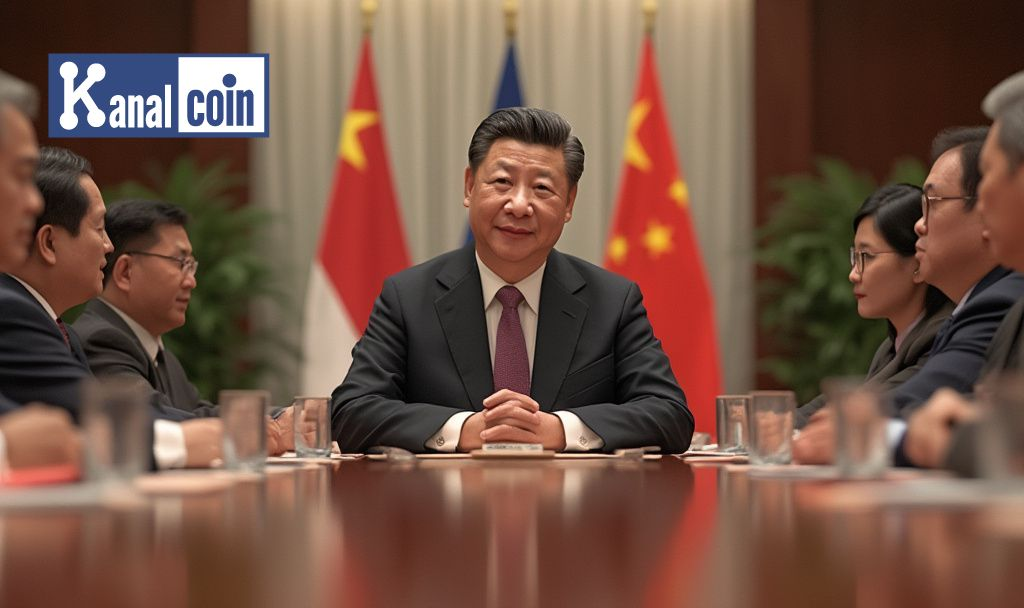
Chinese President Xi Jinping seeks to strengthen relations with Southeast Asian countries as U.S. tariffs continue affecting global trade, a strategy highlighted in recent economic forums.
The initiative underscores China’s proactive approach in bolstering alliances amid changing global economic conditions, highlighting significant economic and geopolitical shifts impacting international trade landscapes.
Xi Calls for Enhanced Trade with Southeast Asia
Chinese President Xi Jinping emphasized the need for stronger trade relations with Southeast Asian nations during a recent economic summit. This comes as U.S. tariffs disrupt traditional trade routes, prompting China to pursue alternative alliances. According to a spokesperson from the Ministry of Foreign Affairs of the People’s Republic of China:
“Southeast Asia is a priority for China’s diplomacy, describing them as good neighbors, good friends, and good partners with a shared destiny.”
Xi’s outreach is part of China’s broader strategy to counterbalance U.S. pressures by reinforcing economic ties with regional partners. China’s efforts include increased investments and trade agreements with ASEAN countries.
China’s Strategy to Offset U.S. Tariff Effects
Analysts suggest China’s strategy could mitigate the impact of U.S. tariffs by diversifying its trade partners. While some Southeast Asian countries welcome the engagement, others remain cautious, balancing relationships with both powers. The potential financial impact includes increased Southeast Asian exports to China, bolstering regional economies. Analysts highlight historical trends indicating such partnerships can enhance economic growth and stability within ASEAN countries.
Belt and Road as a Strategic Template
Comparatively, China’s Belt and Road Initiative showcases similar strategic alliances. Historically, China’s shift to Southeast Asia mirrors past tactics used to navigate global economic challenges and underscore regional commitments. Kanalcoin experts indicate such alliances could potentially reshape regional power dynamics. Historically backed data suggests that China’s approach may lead to long-term partnerships that bolster its economic and geopolitical strategies.









